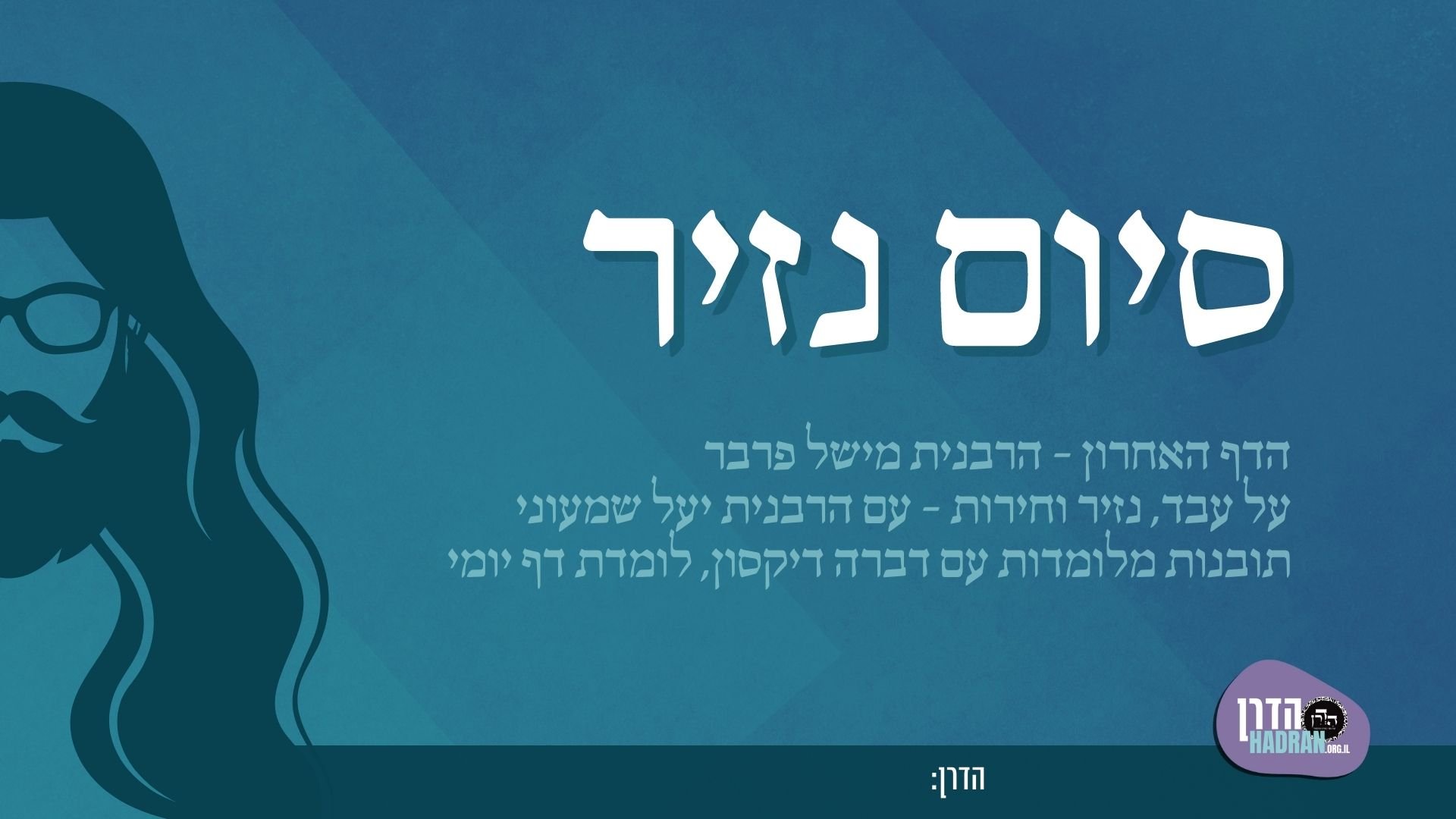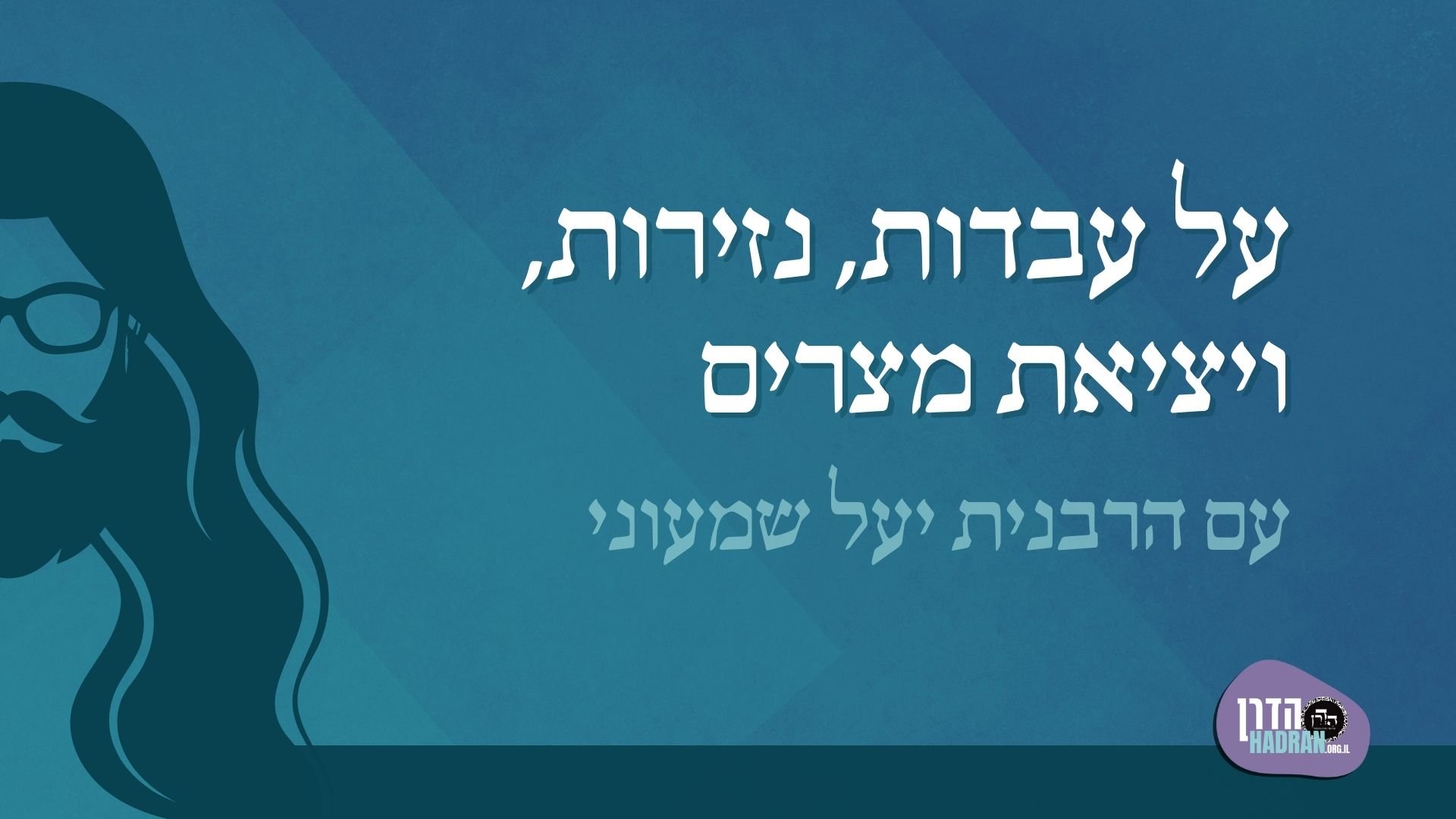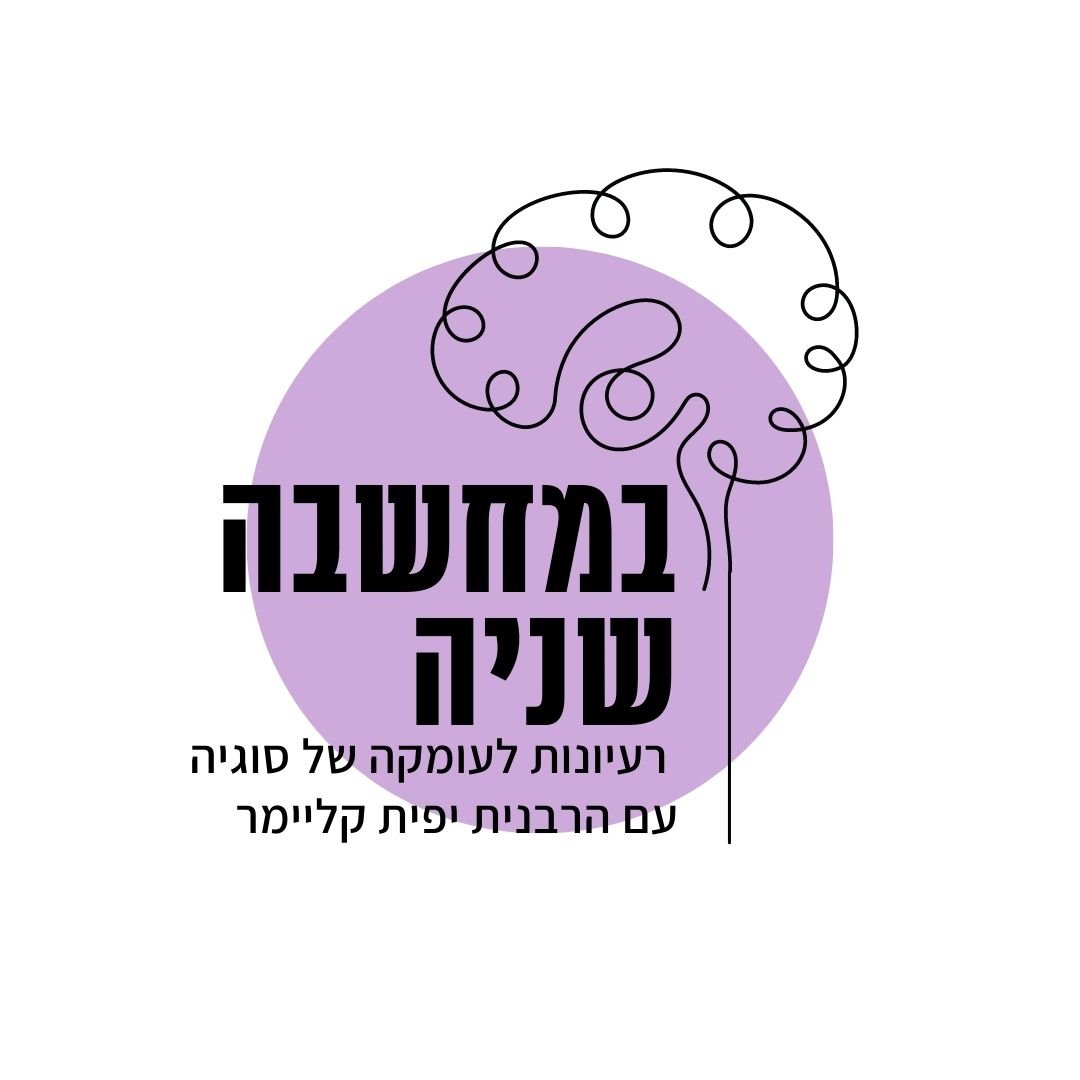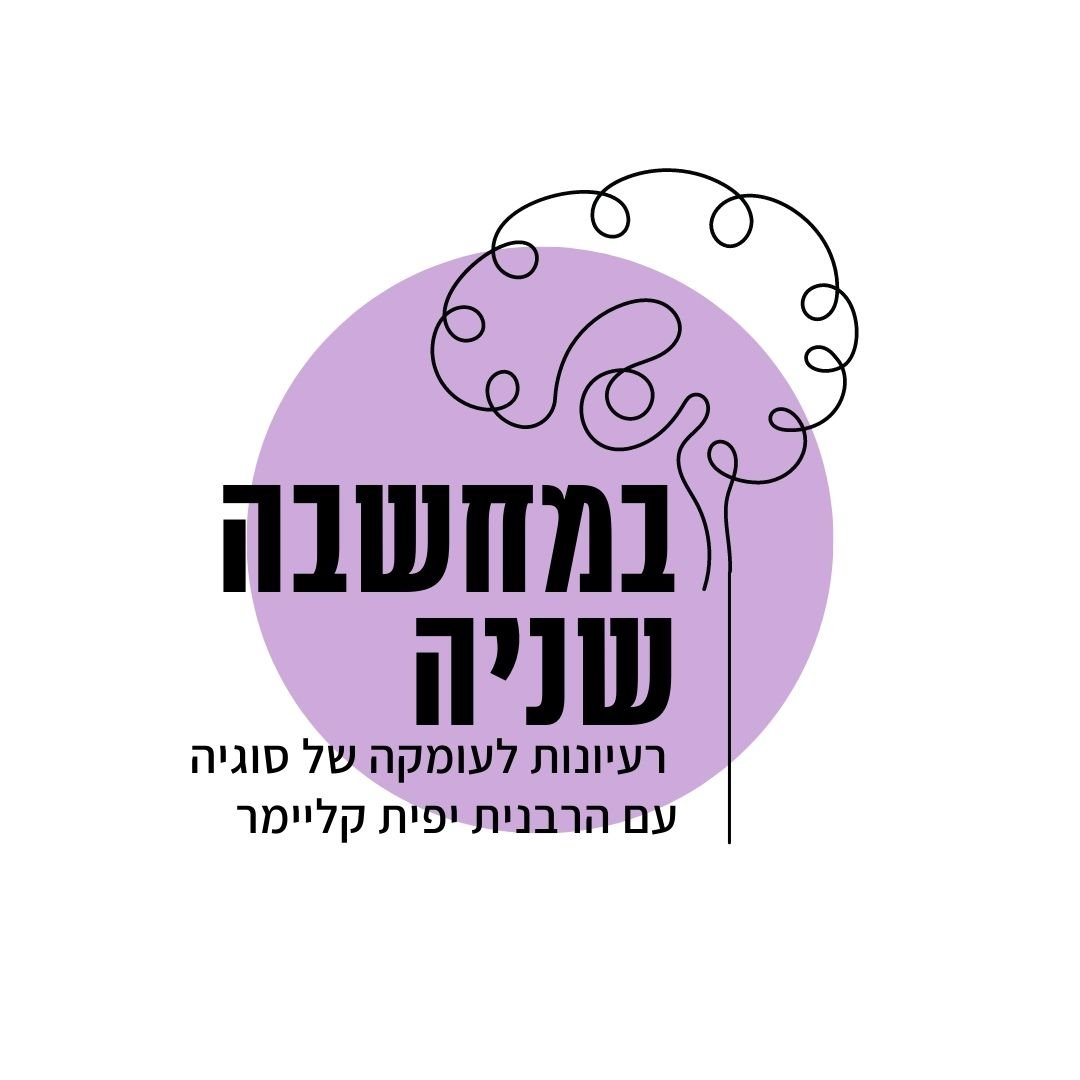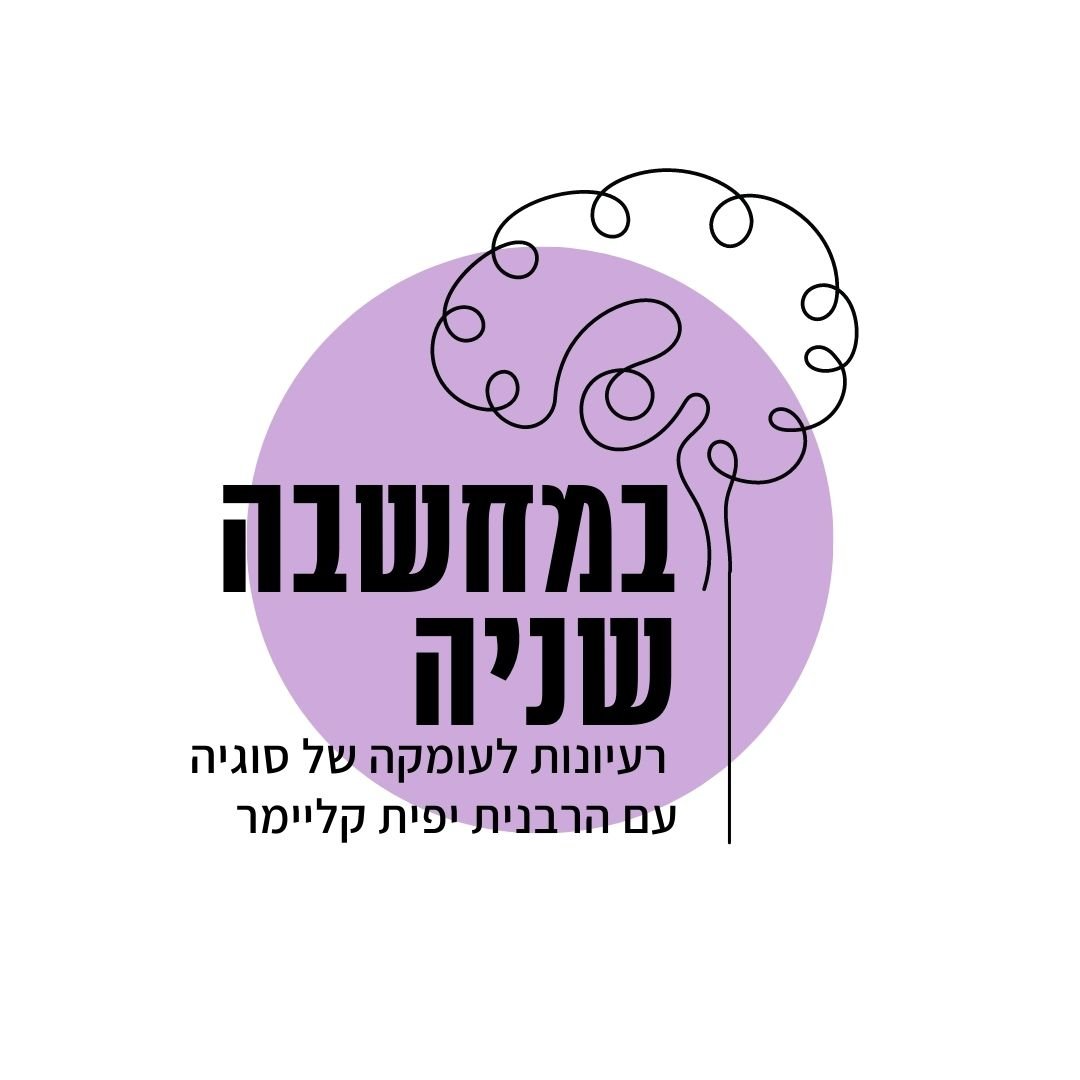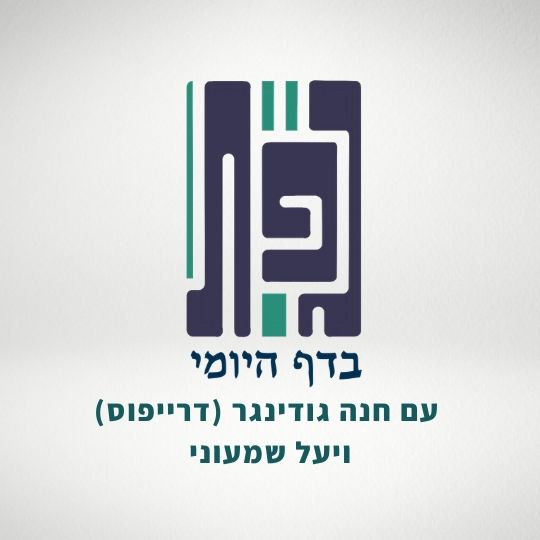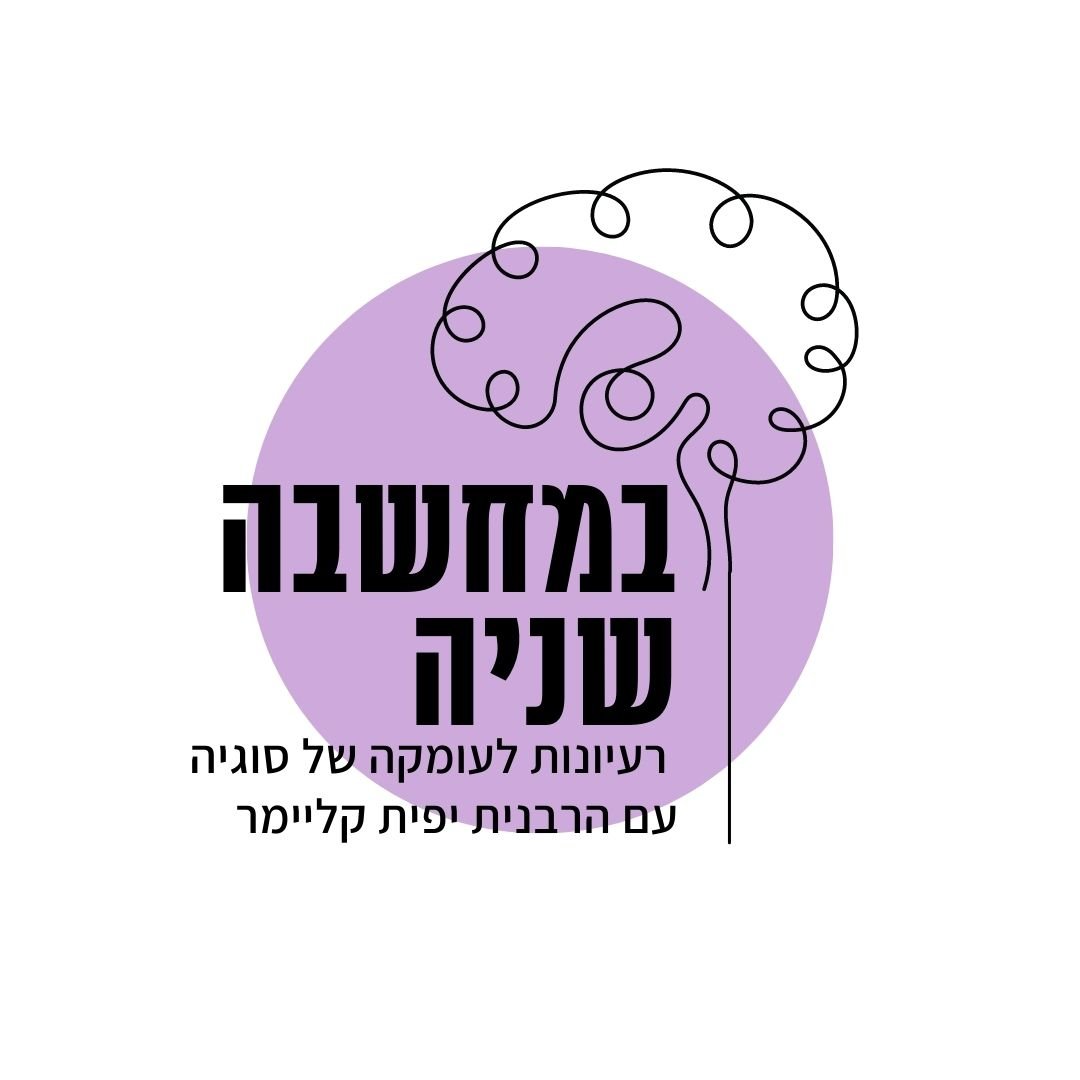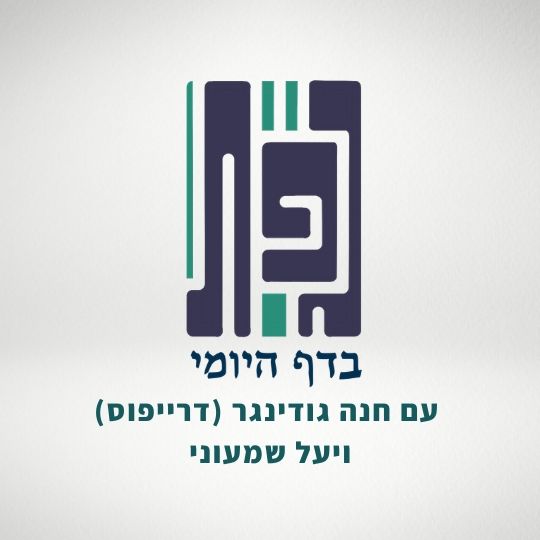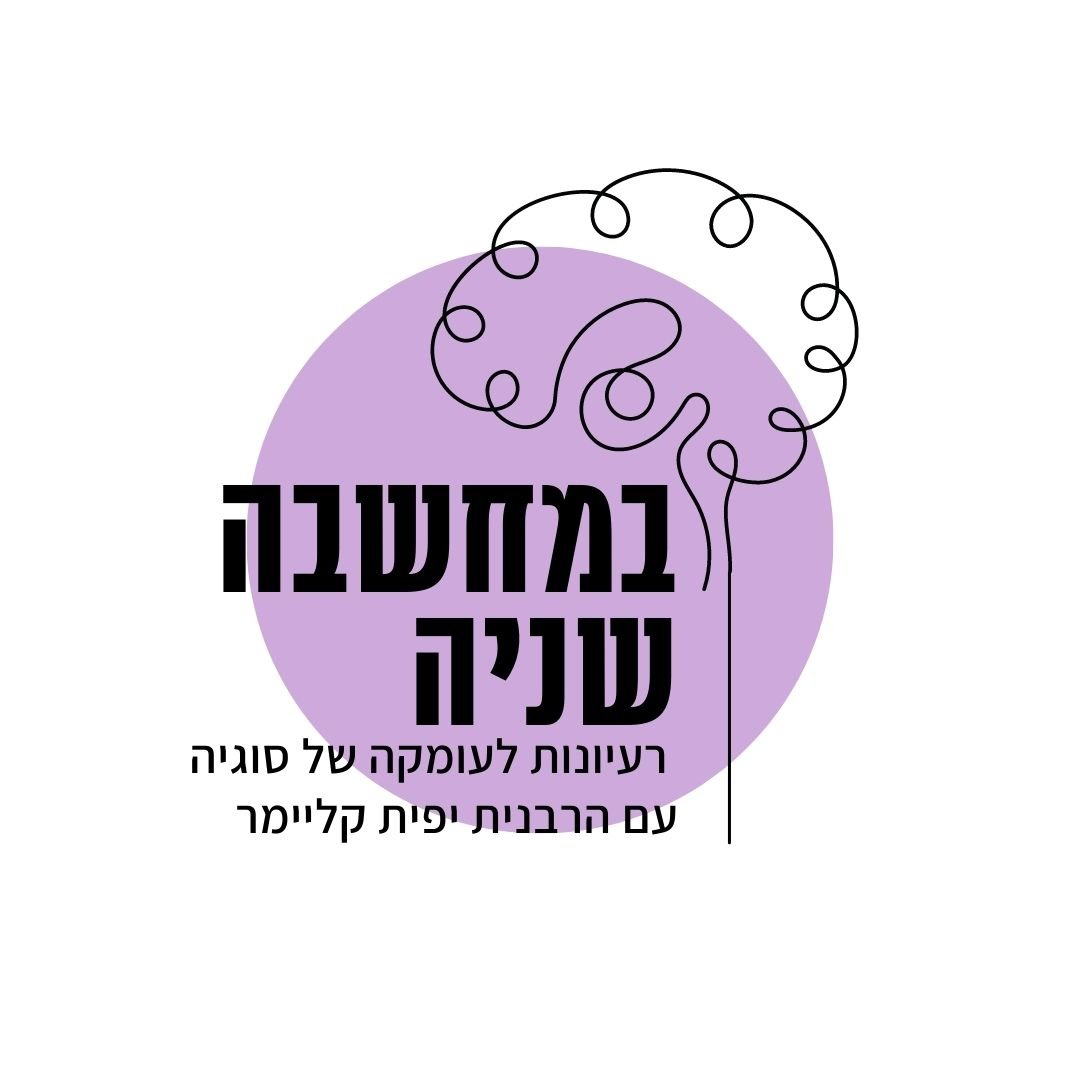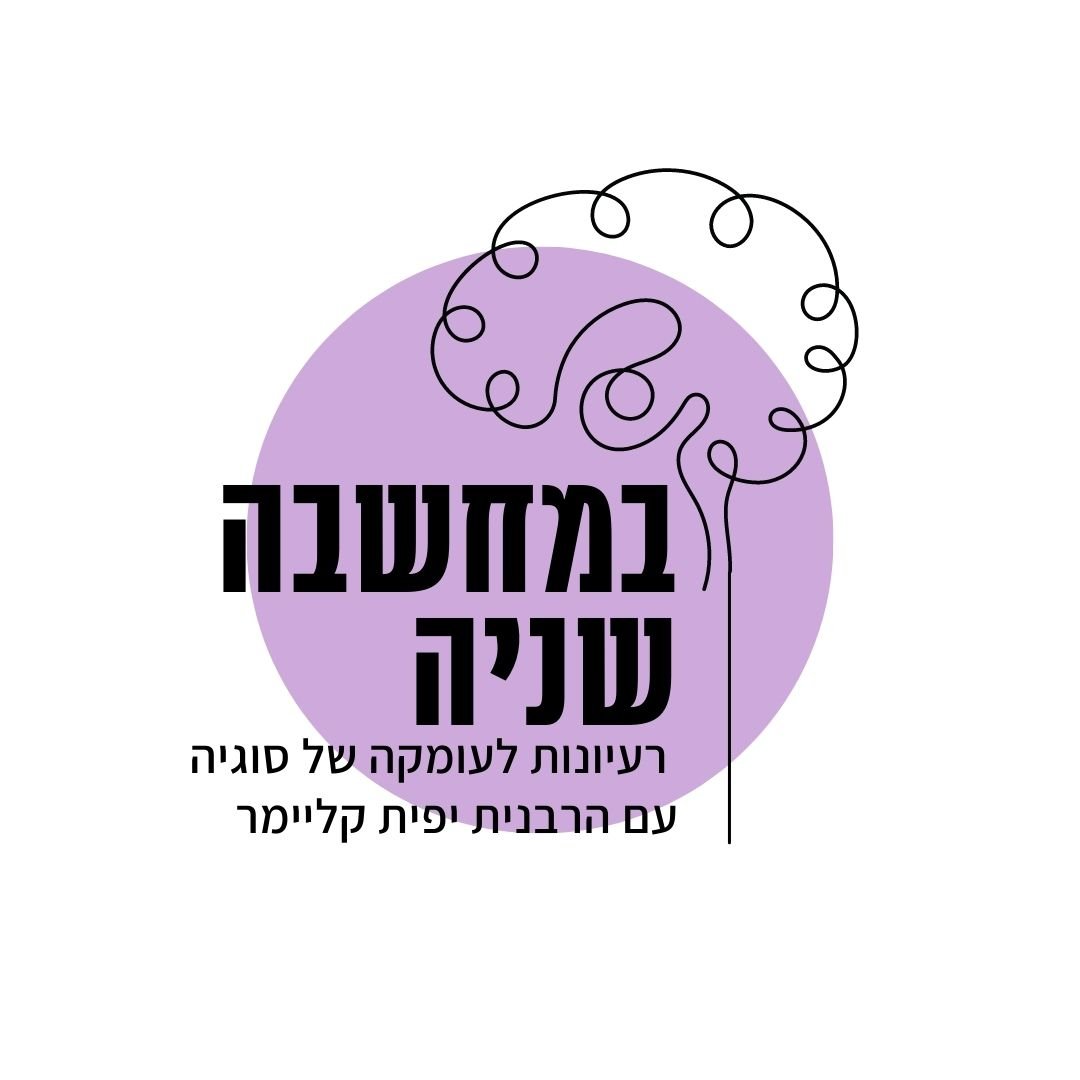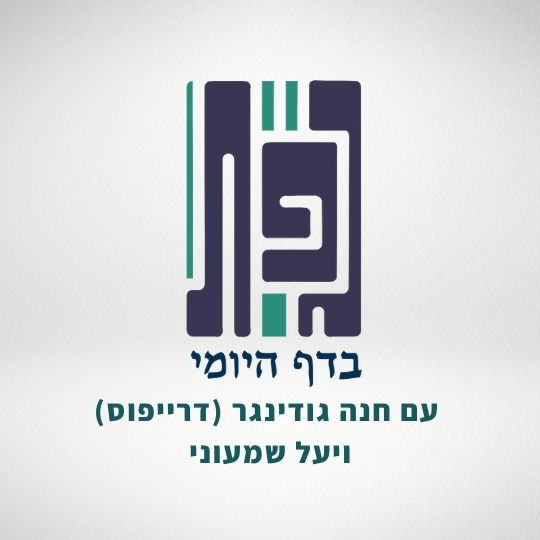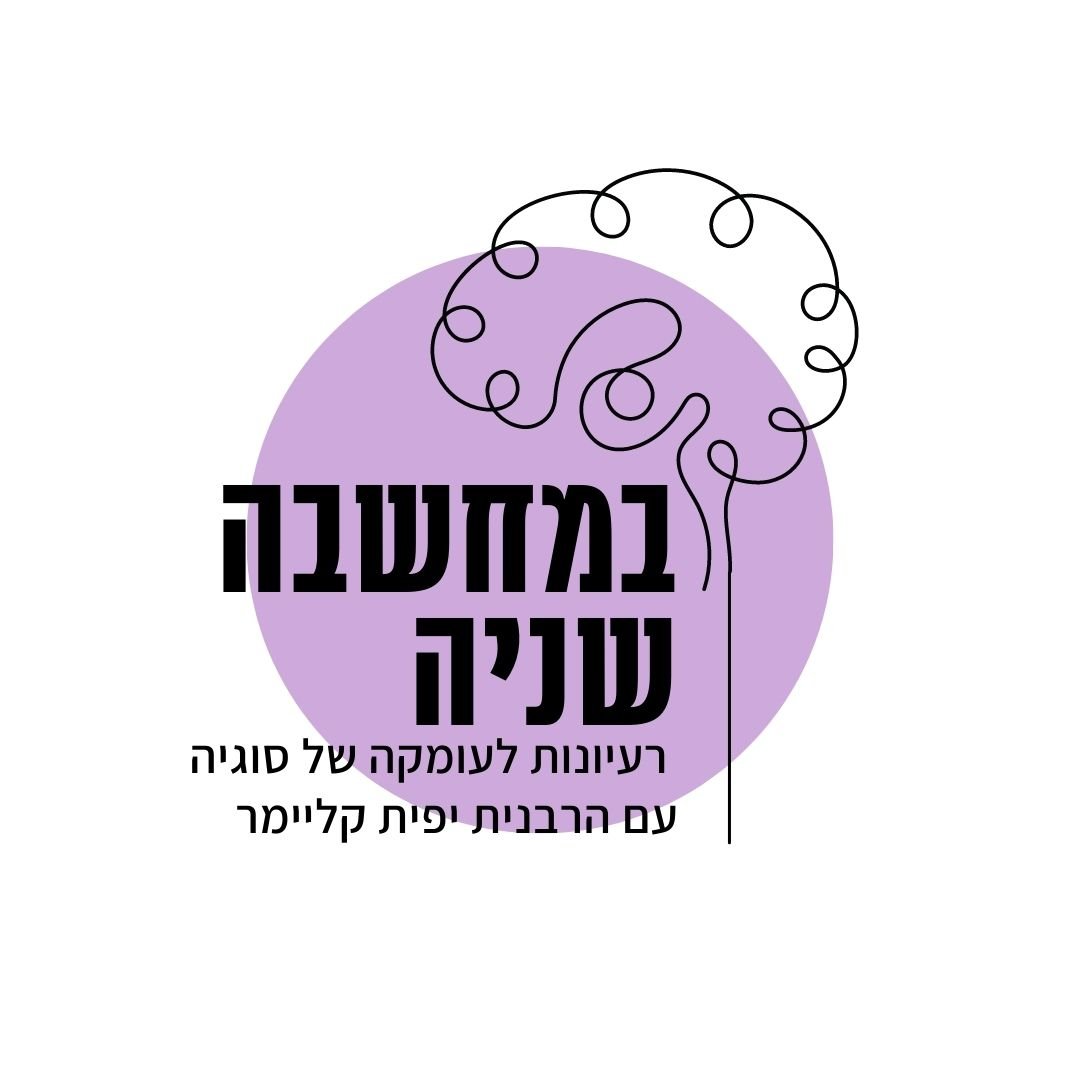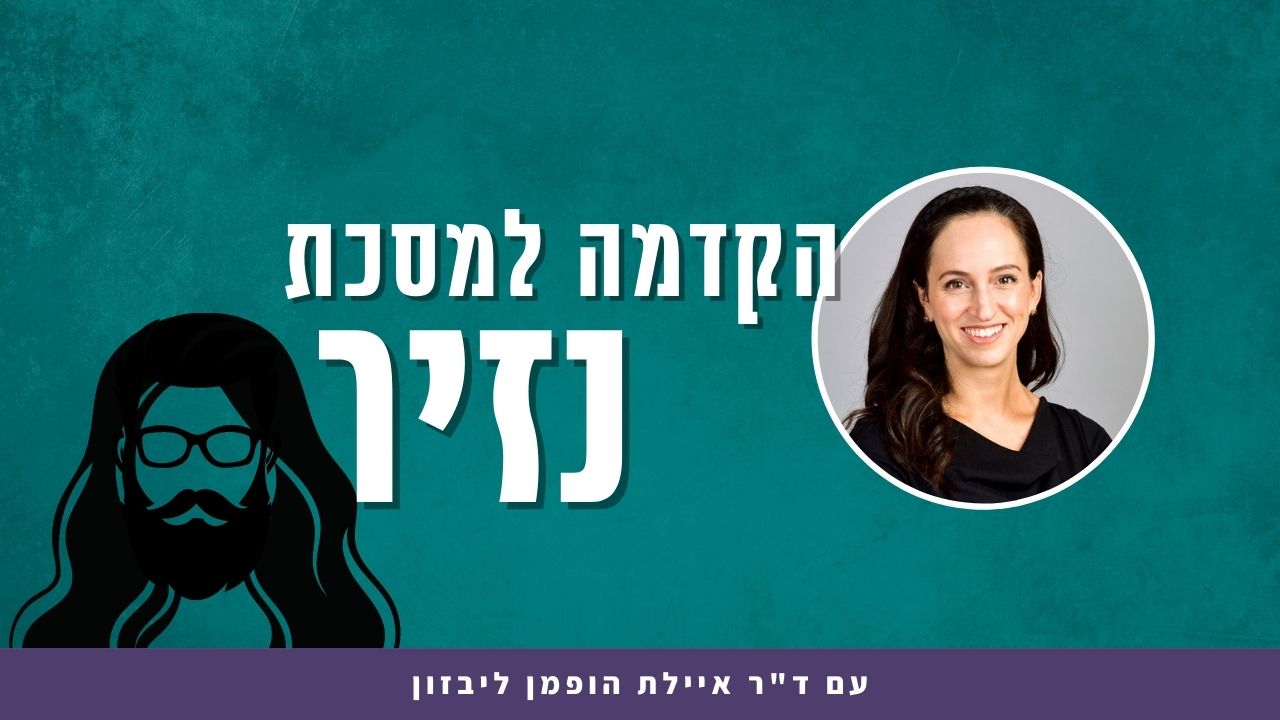נזיר כב
תְּנָא נָמֵי רֵישָׁא סוֹפֶגֶת.
For this reason the tanna also taught: She incurs, in the first clause, despite the fact that this teaches no novelty.
תָּא שְׁמַע: הָאִשָּׁה שֶׁנָּדְרָה בְּנָזִיר וְנִטְמֵאת, וְאַחַר כָּךְ הֵפֵר לָהּ בַּעֲלָהּ — מְבִיאָה חַטַּאת הָעוֹף, וְאֵינָהּ מְבִיאָה עוֹלַת הָעוֹף. וְאִי סָלְקָא דַעְתָּךְ בַּעַל מִיגָּז גָּיֵיז — תַּיְיתֵי נָמֵי עוֹלַת הָעוֹף!
The Gemara further suggests: Come and hear a proof from a baraita: With regard to a woman who vowed to be a nazirite and she became ritually impure, and afterward her husband nullified her vow, she brings the bird sin-offering, and she does not bring the bird burnt-offering. And if it should enter your mind that the husband severs her vow, let her also bring the bird burnt-offering, to complete the atonement for becoming ritually impure when she was a nazirite. This indicates that the husband uproots the vow, which is why she is not required to bring the bird burnt-offering.
וְאֶלָּא מַאי, מִיעְקָר עָקַר? חַטַּאת הָעוֹף נָמֵי לָא תַּיְיתֵי! הָכִי נָמֵי, וְהָא מַנִּי — רַבִּי אֶלְעָזָר הַקַּפָּר הִיא.
The Gemara refutes this proof: Rather, what then? Will you say that the husband uproots the vow entirely? If so, she should also not bring the bird sin-offering. The Gemara answers: So too, she should not have to bring the bird sin-offering either, but in accordance with whose opinion is this baraita? It is the opinion of Rabbi Elazar HaKappar.
דְּתַנְיָא, רַבִּי אֶלְעָזָר הַקַּפָּר (בַּר רַבִּי) אוֹמֵר: מָה תַּלְמוּד לוֹמַר ״מֵאֲשֶׁר חָטָא עַל הַנָּפֶשׁ״? וְכִי בְּאֵיזוֹ נֶפֶשׁ חָטָא זֶה? אֶלָּא מִפְּנֵי שֶׁצִּיעֵר עַצְמוֹ מִן הַיַּיִן נִקְרָא חוֹטֵא. וַהֲלֹא דְּבָרִים קַל וָחוֹמֶר: וּמָה זֶה שֶׁלֹּא צִיעֵר עַצְמוֹ אֶלָּא מִן הַיַּיִן נִקְרָא חוֹטֵא, הַמְצַעֵר עַצְמוֹ מִכׇּל דָּבָר — עַל אַחַת כַּמָּה וְכַמָּה.
As it is taught in a baraita that Rabbi Elazar HaKappar the esteemed says: What is the meaning when the verse states: “And make atonement for him, for that he sinned by reason of the soul” (Numbers 6:11)? And with which soul did this nazirite sin? Rather, because he deprived himself of wine he is therefore called a sinner. And are not these matters inferred a fortiori: And if this one, who deprived himself only of wine, is nevertheless called a sinner, in the case of one who deprives himself of everything by fasting or other acts of mortification, all the more so is he labeled a sinner. According to this opinion, she brings a sin-offering to atone for uttering the vow itself, despite the fact that her husband later uprooted it entirely.
תָּא שְׁמַע, דְּתַנְיָא בְּהֶדְיָא: הָאִשָּׁה שֶׁנָּדְרָה בְּנָזִיר, וְשָׁמְעָה חֲבֶירְתָּהּ וְאָמְרָה ״וַאֲנִי״, וּבָא בַּעְלָהּ שֶׁל רִאשׁוֹנָה וְהֵפֵר לָהּ — הִיא מוּתֶּרֶת וַחֲבֶירְתָּהּ אֲסוּרָה. שְׁמַע מִינַּהּ: בַּעַל מִיגָּז גָּיֵיז.
The Gemara suggests: Come and hear a resolution, as it is taught in a baraita (Tosefta 3:10) explicitly: With regard to a woman who vowed to be a nazirite, and another woman heard her and said: And I, and the husband of the first one came and nullified her vow, she is permitted and the other woman is prohibited. One can learn from this that the husband severs the vow rather than uproots it.
רַבִּי שִׁמְעוֹן אוֹמֵר: אִם אָמְרָה לָהּ ״הֲרֵינִי כְּמוֹתֵיךְ״ — שְׁתֵּיהֶן מוּתָּרוֹת.
The baraita continues: Rabbi Shimon says that if the second woman said to her, after hearing her vow of naziriteship: I am hereby like you, in that case they are both permitted. Since the second woman made her naziriteship entirely dependent on that of the first, the nullification of the first woman’s vow cancels the second naziriteship as well.
מָר זוּטְרָא בְּרֵיהּ דְּרַב מָרִי אָמַר: הַאי, הַיְינוּ דְּרָמִי בַּר חָמָא. דְּבָעֵי רָמֵי בַּר חָמָא: ״הֲרֵי עָלַי כִּבְשַׂר זֶבַח שְׁלָמִים״, מַהוּ?
Mar Zutra, son of Rav Mari, said: This problem, with regard to one who associated himself with the vow of a woman whose naziriteship was later nullified, is in essence the same as the dilemma of Rami bar Ḥama concerning a different issue. As Rami bar Ḥama raises a dilemma: If someone said about a certain object: This is forbidden to me like the flesh of a peace-offering, what is the halakha? Is this a vow or not?
כִּי מַתְפֵּיס אִינִישׁ, בְּעִיקָּרָא מַתְפֵּיס, אוֹ דִּלְמָא בִּצְנָנָא מַתְפֵּיס?
The Gemara explains the two sides of the dilemma: When a person associates himself with a prohibition by means of another object, does he associate himself with it by its fundamental state? In this case, this would mean that he has associated himself with an article from which it is prohibited to benefit, as the flesh of a peace-offering is forbidden before its blood is sprinkled. Consequently, the vow would take effect. Or perhaps one associates himself with the item by its eventual permitted state [bitzenana], and as the flesh of a peace-offering may be eaten after the sprinkling of its blood, the vow is ineffective. This question is apparently analogous to the issue of the second woman’s vow: Is she referring to the fundamental, initial state of the first vow, before its nullification, or to its later, permitted state, after it has been dissolved?
מִי דָּמֵי? הָתָם כֵּיוָן דְּאָמַר ״הֲרֵי עָלַי כִּבְשַׂר זֶבַח שְׁלָמִים״, אַף עַל גַּב דִּלְאַחַר שֶׁנִּזְרַק דָּמוֹ מָצֵי אָכֵיל לֵיהּ בַּחוּץ, מִיקְדָּשׁ קָדֵישׁ. אֲבָל הָכָא, אִי סָלְקָא דַעְתָּךְ בִּצְנָנָא קָא מַתְפֵּיס — הָא הֵפֵר לָהּ בַּעְלָהּ! אִיכָּא דְּאָמְרִי, הַיְינוּ דְּרָמֵי בַּר חָמָא וַדַּאי.
The Gemara refutes this argument: Are the two cases comparable? There, since he said: It is forbidden to me like the flesh of a peace-offering, even though after its blood has been sprinkled it can be eaten outside the courtyard, nevertheless it is sacred to a certain extent, which means that his vow is referring to a forbidden object. However, here, if it should enter your mind that the second woman associates herself with the object’s permitted state, her husband has nullified her vow, and therefore there is no vow at all, which renders the statement of the second woman meaningless. Some say that this last refutation is not accepted. In their opinion, the dilemma concerning two women who vowed is certainly similar to that of Rami bar Ḥama.
אָמְרָה לָהּ, ״הֲרֵינִי נְזִירָה בְּעִיקְבֵיךְ״, מַהוּ? ״הֲרֵינִי בְּעִיקְבֵיךְ״ — בְּכוֹלָּא מִילְּתָא, וְשַׁרְיָא. אוֹ דִלְמָא כְּמִיקַּמֵּי דְּלֵיפַר לַהּ בַּעְלַהּ, וַאֲסִירָא?
The Gemara asks: If the second woman said to the first who vowed naziriteship: I am hereby a nazirite in your footsteps, and the husband of the first woman subsequently nullified her vow, what is the halakha of the second woman? Again the Gemara clarifies the two sides of the question: Does the statement: I am hereby a nazirite in your footsteps, mean in all matters, and therefore her vow is dissolved, as the vow of the first woman was ultimately nullified; or perhaps this statement is referring to her status before her husband nullified her vow, and therefore the second woman is bound by her vow?
תָּא שְׁמַע: הָאִשָּׁה שֶׁנָּדְרָה בְּנָזִיר, וְשָׁמַע בַּעְלָהּ וְאָמַר ״וַאֲנִי״ — אֵינוֹ יָכוֹל לְהָפֵר. וְאִי סָלְקָא דַּעְתָּךְ כִּי אֲמַר לַהּ ״הֲרֵינִי בְּעִיקְבֵיךְ״ — בְּעִיקָּרָא קָא מַתְפֵּיס, לֵיפַר לַהּ לְדִידַהּ וְלוֹקֵים דִּידֵיהּ.
The Gemara suggests: Come and hear an answer to this question from the mishna: With regard to a woman who vowed to be a nazirite and her husband heard and said: And I, he cannot nullify her vow with which he associated himself, as he would thereby be canceling his own vow. And if it should enter your mind that when he says to her: I am hereby a nazirite in your footsteps, he associates himself with the fundamental state of the vow, and it does not mean that they should be linked throughout, in that case let him nullify her vow and uphold his. In this manner the husband remains bound by his own vow while nullifying his wife’s vow.
אֶלָּא לָאו, שְׁמַע מִינַּהּ בְּכוֹלָּא דְּמִילְּתָא מַתְפֵּיס, וְהִלְכָּךְ הוּא דְּלָא מָצֵי מֵיפַר. הָא אִשָּׁה דְּאָמְרָה ״הֲרֵינִי בְּעִיקְבֵיךְ״, הִיא נָמֵי מוּתֶּרֶת!
Rather, must one not conclude from it that he associates himself with all matters of the vow, and therefore in his case he cannot nullify her vow, as he would thereby be nullifying his own, but with regard to a woman who said: I am hereby a nazirite in your footsteps, she is also permitted by the nullification of the first vow?
לָא, לְעוֹלָם בְּעִיקָּרָא מַתְפֵּיס, וְהָכָא כֵּיוָן דְּאָמַר לַהּ ״וַאֲנִי״ — כְּאוֹמֵר ״קַיָּים לִיכִי״ דָּמֵי. וְאִי מִתְּשִׁיל אַהֲקָמָתוֹ — מָצֵי מֵיפַר, וְאִי לָא — לָא.
The Gemara rejects this argument: No; actually, it is possible that one associates himself with the fundamental state of the vow, and here, in the case of a husband, there is a different reason that he cannot nullify the vow. Since he says to her: And I, he is considered to have said: It is upheld for you, as his own vow indicates his acceptance of hers. And therefore, if he requests from a halakhic authority the dissolution of his upholding of her vow, he can nullify her vow, and if he does not submit this request he cannot nullify his wife’s vow.
״הֲרֵינִי נָזִיר וְאַתְּ״, וְאָמְרָה ״אָמֵן״ — מֵיפֵר אֶת שֶׁלָּהּ, וְשֶׁלּוֹ קַיָּים. וּרְמִינְהוּ: ״הֲרֵינִי נָזִיר וְאַתְּ״, וְאָמְרָה ״אָמֵן״ — שְׁנֵיהֶם אֲסוּרִין, וְאִם לָאו — שְׁנֵיהֶם מוּתָּרִין, מִפְּנֵי שֶׁתָּלָה נִדְרוֹ בְּנִדְרָהּ.
§ The mishna teaches that if a husband said: I am hereby a nazirite and you, and his wife said: Amen, he can nullify her vow and his remains intact. And the Gemara raises a contradiction to this from a baraita (Tosefta 3:5): With regard to one who said to his wife: I am hereby a nazirite and you, and she said: Amen, they are both bound by their vows; and if she did not answer: Amen, they are both permitted, because he made his vow dependent on her vow. In other words, he meant that he would be a nazirite on the condition that she too accept naziriteship upon herself. This baraita teaches that if she says: Amen, he cannot nullify her vow, which apparently contradicts the ruling of the mishna.
אָמַר רַב יְהוּדָה, תְּנִי: ״מֵיפֵר אֶת שֶׁלָּהּ וְשֶׁלּוֹ קַיָּים״. אַבָּיֵי אָמַר: אֲפִילּוּ תֵּימָא כִּדְקָתָנֵי, בָּרַיְיתָא כְּגוֹן דְּקָאָמַר לַהּ: ״הֲרֵינִי נָזִיר וְאַתְּ״, דְּקָא תָּלֵי נִדְרוֹ בְּנִדְרָהּ.
Rav Yehuda said: Teach the baraita by emending it so that it reads: He can nullify hers and his remains intact, like the mishna, rather than: They are both bound by their vows. Abaye said: You can even say that the baraita should be read as it teaches, without emending it, as there is a difference between the two cases. The baraita is referring to a case where he said to her in a single clause: I am hereby a nazirite and you, as he makes his vow dependent on her vow. Consequently, if she is not a nazirite, his vow is also canceled.

